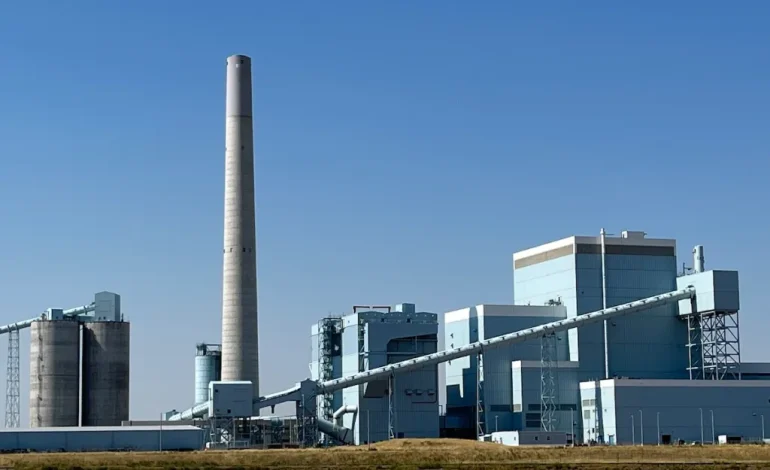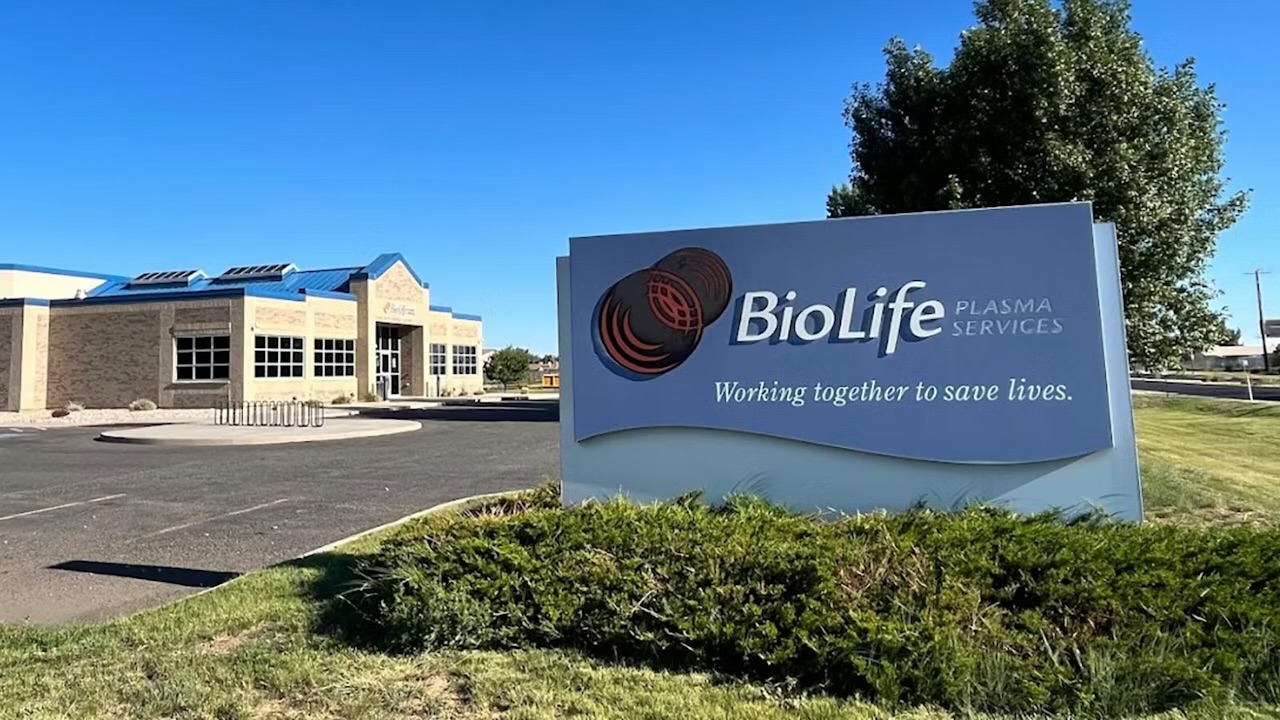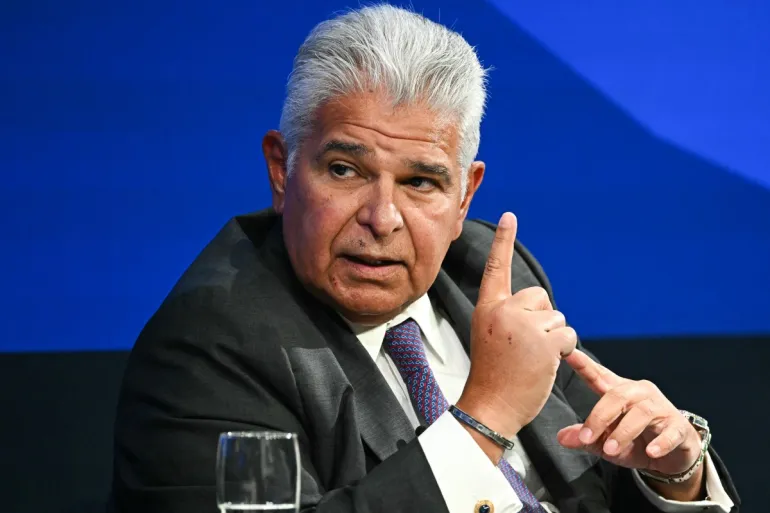Federal and State Support Recedes for Wyoming Coal Carbon Capture Project

A $49 million carbon capture pilot project at Wyoming’s Dry Fork Station coal plant has been canceled, signaling a shift in both federal and state support for advancing carbon capture technology at coal-fired power plants, WyoFile reports.
The US Department of Energy confirmed in May that it had withdrawn funding for the project as part of a broader rollback of $3.7 billion in clean energy demonstration grants. The Dry Fork project, led by TDA Research, was designed to test a membrane-based system to capture up to 90% of carbon dioxide emissions from coal combustion. Construction had been scheduled to begin in 2027.
The move coincides with a potential repeal of Wyoming’s own coal carbon capture mandate. The state legislature’s Joint Minerals, Business and Economic Development Committee announced it will review House Bill 200—a 2020 law requiring utilities to explore carbon capture retrofits for coal plants—at a July meeting. Lawmakers have raised concerns about rising costs for consumers and the feasibility of the technology.
“The mandate is costing ratepayers millions, and it’s unclear if it will result in actual carbon capture implementation,” said Rep. Christopher Knapp (R-Gillette), who previously sponsored a bill to repeal the law. “It just reminds me of the expression, ‘Look what we’ve done to ourselves.'”
Utilities Black Hills Energy and Rocky Mountain Power, which operate Wyoming’s coal plants, estimate that retrofitting even one unit could cost between $500 million and $1 billion. So far, approximately $5 million has been collected from Wyoming customers to fund feasibility studies—an amount that includes $3.7 million that the Wyoming Office of Consumer Advocate is now seeking to have refunded to ratepayers.
Governor Mark Gordon, a supporter of coal carbon capture as part of his broader “Decarbonizing the West” initiative, acknowledged the challenges but maintained that such projects are vital to preserving coal as part of a low-carbon energy mix.
“Markets are increasingly demanding energy with reduced emissions,” Gordon said. “If carbon capture can’t be demonstrated here [at Dry Fork], it raises questions about its broader commercial viability.”
The Dry Fork Station has long been seen as a promising site for carbon capture due to its relatively new design and its location at the Wyoming Integrated Test Center, a facility built to evaluate emissions-reduction technologies. Although the TDA Research project has been shelved, the Test Center continues to host other research efforts, including a past pilot led by Kawasaki Heavy Industries, which has since moved forward with a deployment in Japan.
Despite Gordon’s continued advocacy, political support within the state appears to be shifting. Lawmakers in the Freedom Caucus and other factions of the Republican-controlled legislature argue that the carbon capture mandate may be backfiring, accelerating coal-to-natural gas conversions and driving up utility costs.
“Instead of extending the life of coal, we may be shortening it,” said Rep. Scott Heiner (R-Green River), referencing recent fuel-switching at Wyoming plants. “We’re forcing our utilities into a corner.”
At the federal level, the Department of Energy said its decision to cancel the funding was based on an assessment that the selected projects—including the Dry Fork pilot—did not meet the necessary standards for cost-effectiveness, national security, or energy security. These projects were originally supported under initiatives launched during the Biden administration.
While advocates like Gordon argue that Wyoming’s investment in carbon capture has helped lower technology costs globally, others say the broader market may simply not support retrofitting coal facilities on a meaningful scale.









The latest news in your social feeds
Subscribe to our social media platforms to stay tuned